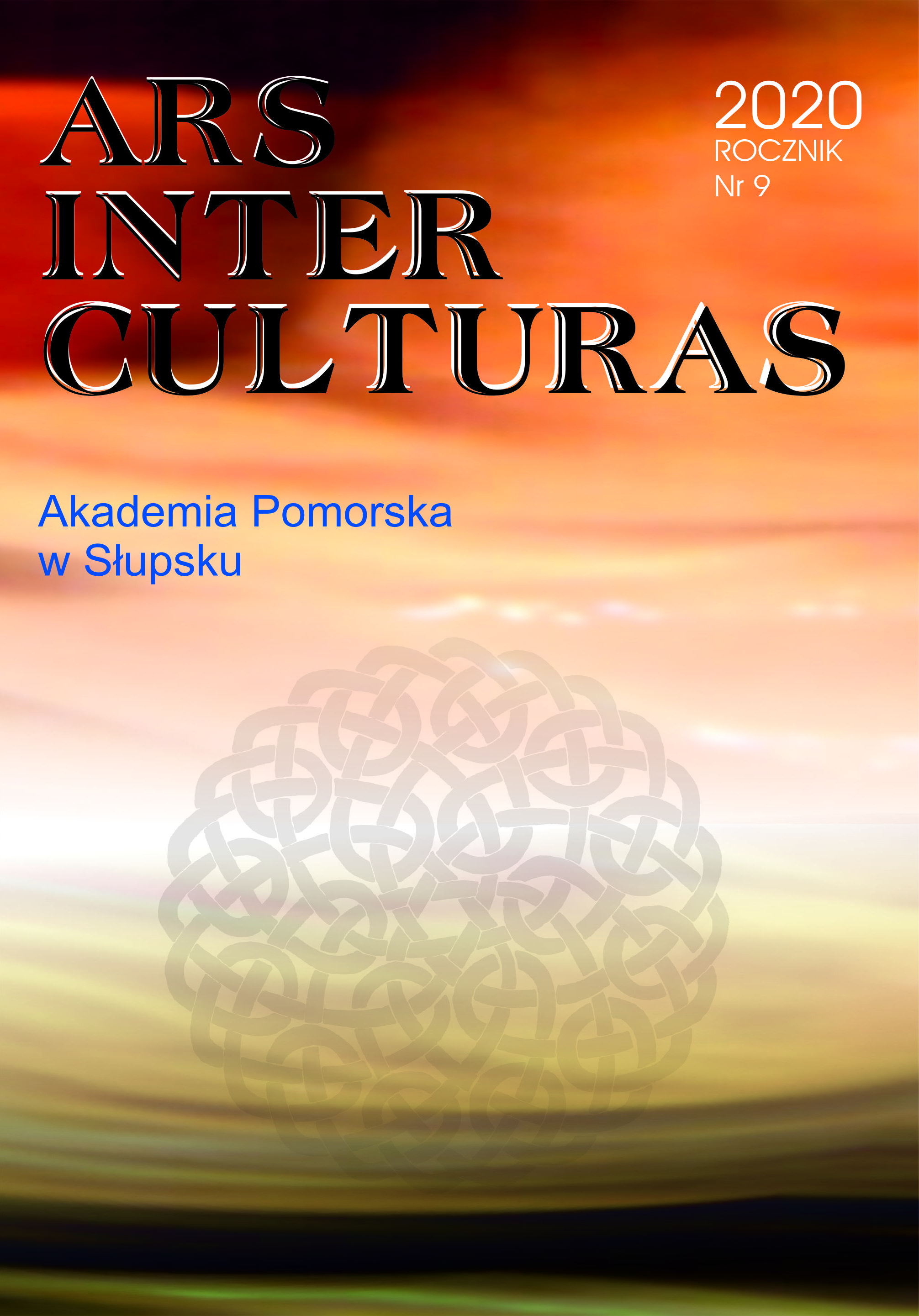Концерт для слушателя с оркестром. Пути развития партиципаторного музыкального искусства
Concert for the Listener with an Orchestra. Ways for the Development of Participatory Musical Art
Author(s): Tatiana TsvetkovskayaSubject(s): Fine Arts / Performing Arts
Published by: Wydawnictwo Naukowe Akademii Pomorskiej w Słupsku
Keywords: classical music; Alexander Radvilovich; participatory art; Frederic Rzewski; Tod Machover; Paul Rissmann
Summary/Abstract: The article is devoted to participatory musical works created in collaboration with the pub- lic. Listeners act as a composer’s creative partners – co-authors and performers. Comparative analysis of di erent interpretations of the concepts of “musical participation” and “partici- patory music” allows us to highlight the key characteristics of this phenomenon. In addition, the author believes that it is important to substantiate the legitimacy of using the term “partici- patory art” outside of any speci c genre, stylistic, or time frames.The study of participatory works leads to understanding of the various tasks that are achie- ved in the process of collective creation. The interaction between the composer and the audien- ce strengthens interpersonal relationships. Listeners are meant to receive a role through which they could show their individuality most clearly; and this condition stimulates the search for new expressive means. As a result, peculiar genre forms emerge. At the same time, listeners comprehend the inner logic of musical art themselves.It is noted that composers retain the traditional genre classi cation, not deeming it ne- cessary to emphasize audience participation. However, compositions with the participation of the public are becoming a noticeable phenomenon of modern musical life. This generates a pressing challenge – to establish the correspondence of the techniques used in working with the audience to the artistic concept, and to propose a typology of participatory works. Some compositions emerge as an artistic experiment. Others are part of educational projects. Some works are aimed at studying the bene ts of cooperation between the composer and the public. Along with the practices considered in the article, there are a number of prospective opportuni- ties that can ensure the fruitful involvement of the public in the creative process. All this allows us to hope that participatory musical art will enjoy further successful development.
Journal: Ars Inter Culturas
- Issue Year: 2020
- Issue No: 9
- Page Range: 111-124
- Page Count: 14
- Language: Russian

